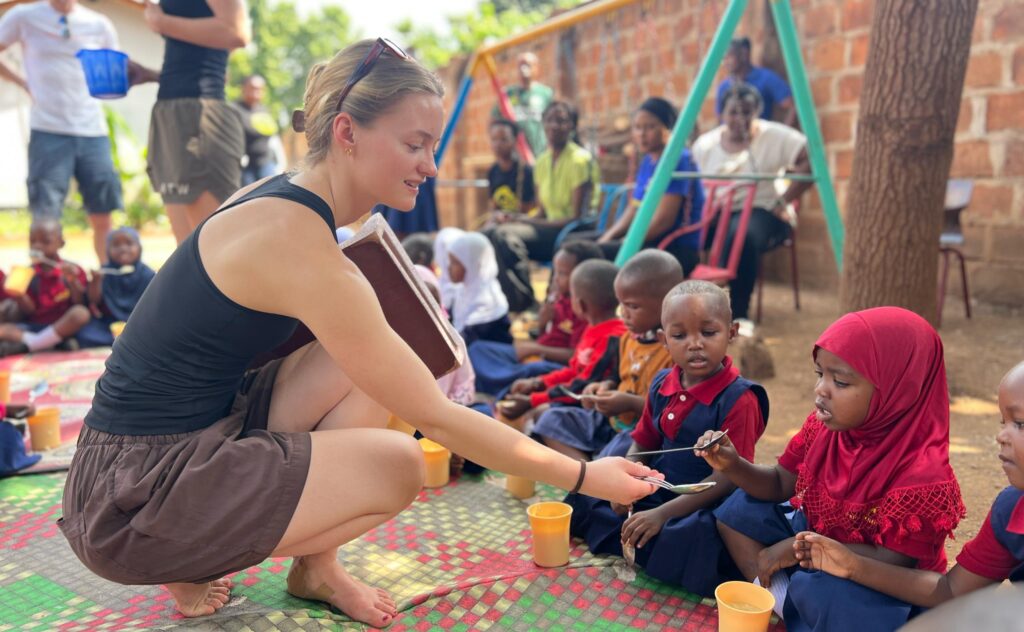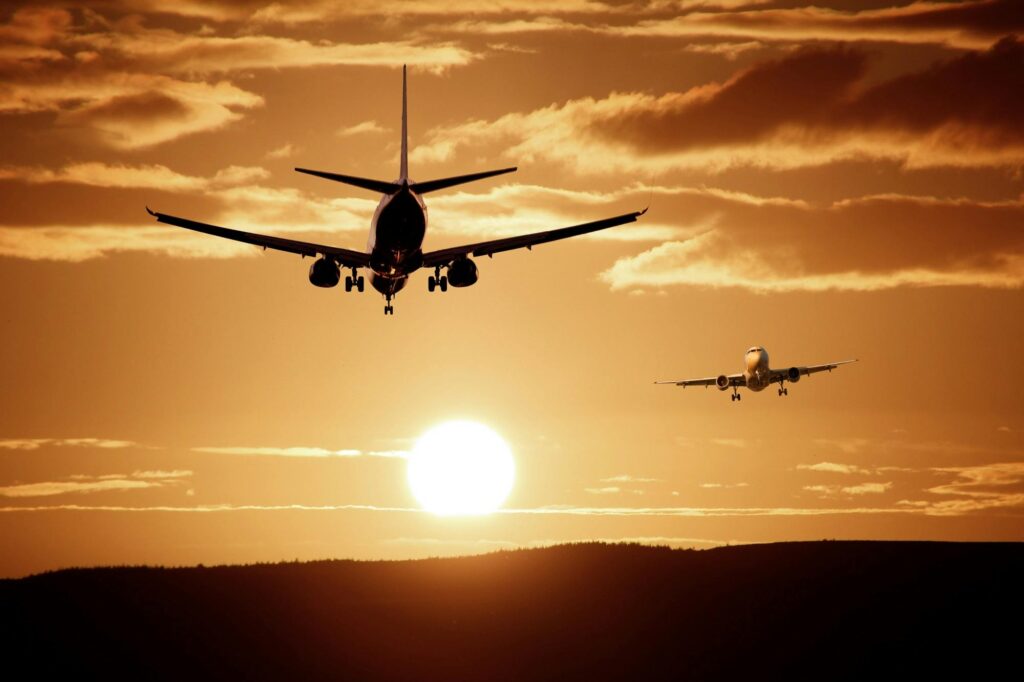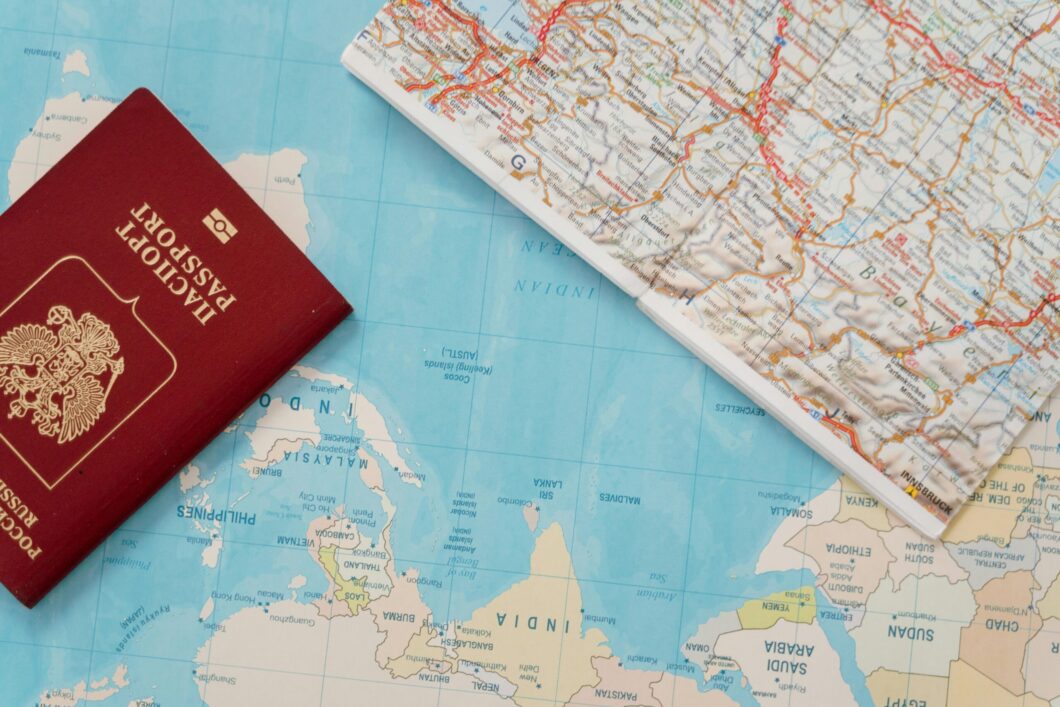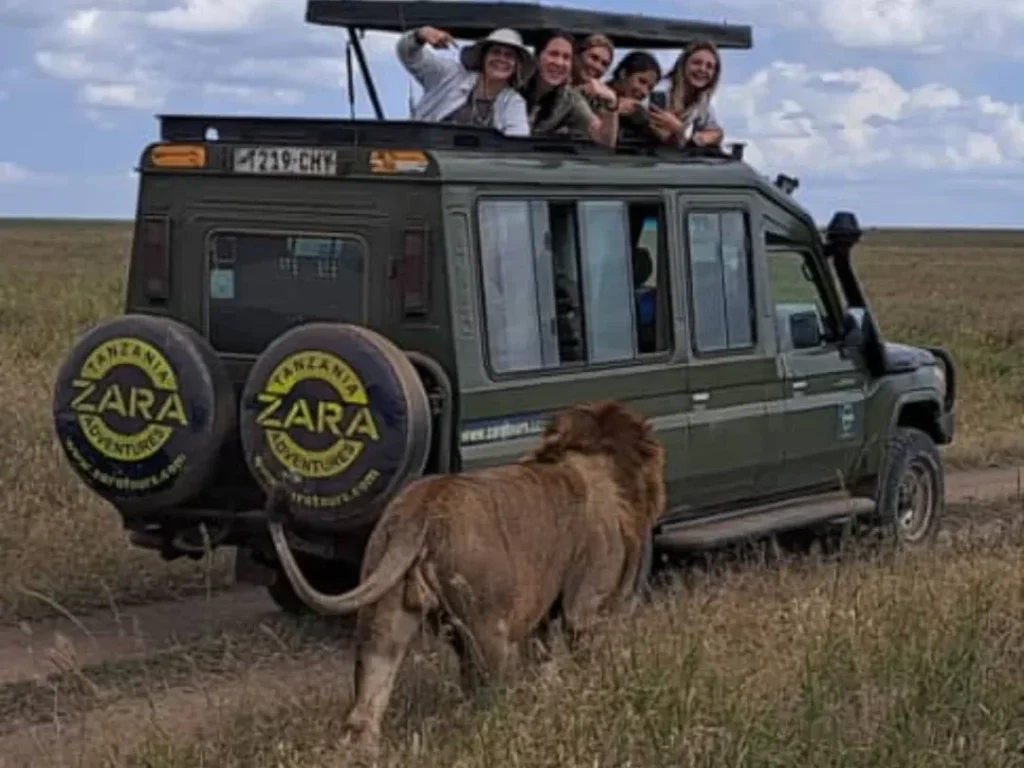Planning to volunteer in Tanzania but worried about costs? You’re not alone. Whether you’re a gap year student, career professional taking a break, or simply someone wanting to make a difference, understanding the true financial commitment is essential for planning your volunteer adventure.
Here’s the honest breakdown of what it actually costs to volunteer in Tanzania in 2026, including the new mandatory fees most websites won’t tell you about.
Total Cost Summary: What to Expect
For a 2-week volunteer program in Tanzania, expect to spend between $1,800 and $3,200 total. For 4 weeks, budget $2,500 to $4,500 depending on your travel style and add-on activities.
Let’s break down exactly where your money goes.
Program Fees: Your Foundation Cost
2-Week Program: $400-$700 4-Week Program: $700-$1,200 8-Week Program: $1,200-$2,000
Your program fee covers the essentials that make volunteering safe, organized, and impactful. This typically includes airport pickup from Kilimanjaro International Airport, shared volunteer accommodation in Arusha or Moshi, two meals daily during weekdays, orientation and cultural training, basic Swahili language lessons, placement at your volunteer site, weekend activity coordination, and round-the-clock in-country support.
Most reputable organizations follow a similar pricing model with a registration deposit around $300-$350 that secures your spot, then weekly fees ranging from $80-$150 per week depending on program type and location. Medical and specialized healthcare programs often cost $50 more per week due to additional supervision and placement requirements.
Money-Saving Tip: Programs become more affordable per week the longer you stay. An 8-week placement can cost as little as $150 per week compared to $200-$350 per week for shorter programs.

Flight Costs: Your Biggest Single Expense
Round-Trip Flights: $700-$1,500
Your flight to Tanzania will likely be your largest single expense. Prices vary significantly based on departure city, booking timing, and season.
From North America to Kilimanjaro International Airport, expect costs between $900-$1,500. Major airlines include Qatar Airways via Doha, Ethiopian Airlines via Addis Ababa, KLM via Amsterdam, and Turkish Airlines via Istanbul. European travelers typically pay $700-$1,100 with similar routing options, while travelers from Asia or Australia should budget $800-$1,400.
Flight Booking Strategies: Book three to six months in advance for optimal pricing, use flight comparison tools like Google Flights and Skyscanner, fly midweek for better rates, and consider flexibility with travel dates since shifting by just a few days can save $200 or more. December holidays and summer months typically cost $200-$400 more than shoulder season travel.
Pro Tip: Kilimanjaro International Airport serves Arusha and Moshi, where most volunteer programs are based. Dar es Salaam is an alternative but requires additional transfer time and cost.

NEW 2026 Requirement: Mandatory Travel Insurance
Cost: $44 USD (Non-Negotiable)
This is critical new information many volunteers don’t know about. Starting January 2026, Tanzania requires all foreign visitors except those from East African Community and Southern African Development Community countries to purchase mandatory government travel insurance upon entry.
This $44 fee covers emergency medical treatment, medical evacuation and repatriation, personal accidents and rescue operations, and lost or delayed baggage compensation. The policy is valid for up to 92 days per visit and is separate from any private travel insurance you may already have.
Important: You cannot opt out of this fee even if you have comprehensive private insurance. Budget this as a mandatory expense.
Visa Fees: Entry Requirements
Tourist Visa: $50-$100 USD
Most nationalities can obtain a visa on arrival at Kilimanjaro International Airport or apply for an e-visa online beforehand. US, Canadian, European, and Australian citizens typically pay $50 for a single-entry tourist visa, while some nationalities pay up to $100.
Visa Application Options: Apply online at the Tanzania e-Visa portal before departure for slightly smoother entry, or obtain visa on arrival at the airport by presenting your passport, return flight details, and payment. Processing takes 15-30 minutes at immigration.
For volunteer work exceeding basic activities, some programs require a Class C volunteer permit costing around $200 USD. Your program coordinator will advise if this applies to your placement. Most short-term teaching and childcare volunteers can work under tourist visas without issues.

Vaccinations & Health Preparations
Cost: $200-$450
Protecting your health requires upfront investment. Yellow fever vaccination is required if arriving from yellow fever endemic countries and recommended for all visitors, costing $150-$250. Other recommended vaccinations include Hepatitis A and B at $100-$150 for the series, typhoid at $80-$100, routine boosters for tetanus, measles, and other standard vaccinations at $0-$50 if you’re current, and malaria prophylaxis at $50-$150 for 2-8 weeks of medication.
Visit a travel health clinic six to eight weeks before departure. Many insurance plans cover routine vaccinations, potentially reducing costs. Generic antimalarial medications like doxycycline cost significantly less than brand names like Malarone.
Comprehensive Travel Insurance (Recommended)
Cost: $50-$150
Beyond the mandatory $44 government insurance, purchase comprehensive private travel insurance covering trip cancellation and interruption, medical expenses beyond basic emergency care, emergency evacuation, and baggage loss or delay.
Quality policies typically cost 5-7% of your total trip cost. For a $3,000 trip, expect to pay $150-$210 for full coverage. This protects your significant financial investment if you need to cancel or if serious medical issues arise.
Daily Living Expenses in Tanzania
Budget: $15-$30 per day
While your program fee covers accommodation and most meals, budget for additional daily expenses.
Food & Drinks: Your program typically provides breakfast and dinner on weekdays. Budget $5-$10 daily for lunches at placement sites, weekend meals, snacks, and bottled water. Local restaurants offer meals for $2-$5, while Western-style restaurants cost $10-$20 per meal.
Local Transportation: Walking is common in Arusha and Moshi, but budget for occasional dala-dalas, the local minibuses costing $0.50-$1 per ride, and private taxis for evening outings at $3-$10 per trip.
Phone & Internet: Purchase a local SIM card from Vodacom or Airtel for $5-$10 including data. This provides reliable mobile internet and local calling.
Personal Items: Toiletries, sunscreen, insect repellent, and other personal necessities cost $20-$40 for a 2-4 week stay.
Weekend Adventures & Activities

Budget: $100-$800+ (Optional)
One of the biggest perks of volunteering in Tanzania is access to incredible weekend adventures. These are optional but highly recommended experiences.
Safari Options: Day trip to Arusha National Park costs $80-$120, two-day Tarangire and Ngorongoro Safari runs $350-$500, and three-day Serengeti and Ngorongoro Safari costs $600-$900.
Other Adventures: Chemka Hot Springs day trip is $20-$40, cultural Maasai village visits cost $30-$50, coffee plantation tours run $25-$40, and Materuni Waterfall hiking costs $40-$60.
Zanzibar Beach Extension: Many volunteers add 3-5 days in Zanzibar post-volunteering. Budget $150-$300 for flights or ferry, $30-$80 per night for accommodation, $30-$50 daily for food and activities, and $20-$100 for activities like Stone Town tours, spice tours, and snorkeling.
Mount Kilimanjaro: For ultimate adventurers, six to seven-day summit treks cost $1,500-$